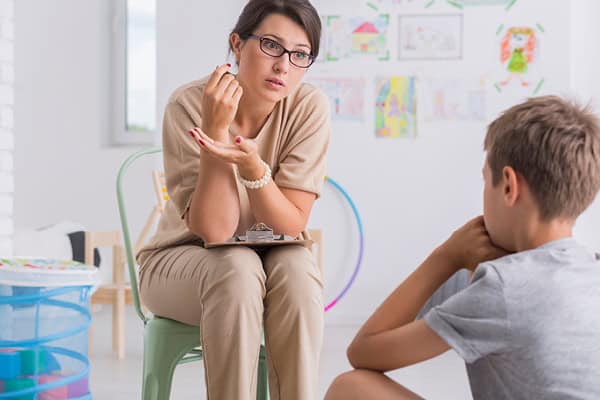The Hip Hop H.E.A.L.S., or Healthy Eating and Living in Schools, after-school program was developed last year by Columbia University neurologist Olajide Williams and hip hop artist Doug E. Fresh to use music to help teach students about healthy eating, according to Chalkbeat New York.
This is one of two after-school healthy eating programs that are being studied as part of a partnership between the after-school provider New York Edge and Columbia University. About 300 students across 20 school sites were provided with either the Hip Hop H.E.A.L.S. program, or NY Edge’s Food Explorers program, with their nutritional choices tracked over the course of 10 or more weeks.
New York City Mayor Eric Adams has prioritized establishing healthier eating habits among the city’s youth. Since the start of 2022, the city has committed $1 million to integrating food education into schools in coursework, after-school programs and more, according to a recent report.
Most recently, the city started its “Chefs in Schools” initiative, partnering with Wellness in the Schools to develop plant-based, culturally relevant recipes and train New York City public school chefs.
“These meals will provide more than just nutrition,” Adams said at a press conference. “They will expose our children to flavorful and healthy eating — because food has to taste good. No one wants to eat boring food.”
The focus on teaching students to navigate settings like chain restaurants is especially important as many kids in the programs live in areas with few healthy food options.
“I’d love everyone to get home and have a cooked meal,” Williams said. “But the reality is many people live in food swamps. They’re going to patronize food swamps, and it’s about how we get them to make better decisions within those swamps — within those limited choices.”
Williams believes that combining music and learning in the H.E.A.L.S program can help change eating choices.
“We all learn our ABCs through music, for example,” he said. “Our studies have shown that leveraging music creates not just immersion, but greater retention, greater learning, and a greater ability to influence behavioral change.”





